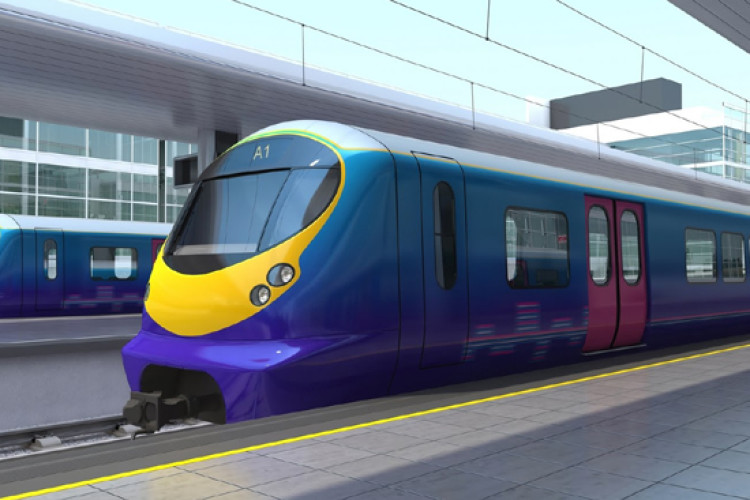But there is also a warning about the risks ahead with the procurement of new trains running three years late.
The National Audit Office (NAO) says that DfT “has done well so far to contain the infrastructure costs within the original budget”. Phase one of the programme cost £1.704bn, was completed on time and was £143m under budget.
However, delays of more than three years in agreeing the contract to buy new trains mean that “delivering value for money from the programme as a whole is at greater risk than the National Audit Office would have expected at this stage”.
According to today’s report, Progress in delivering the Thameslink programme, there remains a solid transport case for the project. Thameslink services have consistently been among the most crowded London routes with passengers amongst the least satisfied with space on trains; and demand is forecast to increase. The DfT estimates that the Thameslink programme will make net present benefits of £2.9bn through reduced journey times, reduced overcrowding on trains and quicker interchanges between services.
The NAO says that the DfT needs to manage a complex interaction between completing the infrastructure project; buying new trains; and letting a new franchise. Delays to any of these projects can delay significantly or complicate delivery of other parts of the programme. The award of the £1.6bn contract to buy new trains is currently delayed by more than three years and this has implications for the rest of the programme.
The NAO says that the delay raises questions about whether the department underestimated the scale of the work, time and skills and resources it needed to negotiate a PFI deal of this complexity. “And until the contract is let it will not be clear whether delivery of the whole programme by 2018 is still feasible,” it warns.
The NAO adds that the DfT needs to ensure it has the necessary capacity and skills to keep phase two on course alongside other rail projects it manages, such as Crossrail and High Speed 2.
NAO chief Amyas Morse said: “It’s too early in the Thameslink programme to conclude on whether or not it will achieve value for money. That will have to wait until the new service is running. However, there has been good progress in delivering the first stage of the infrastructure part of the programme on time and under budget, which the department now needs to build on. Our principal concern is around the delay in agreeing the contract to build new trains which raises questions about the feasibility of delivering the whole programme by 2018.”

Thameslink in numbers
£3.55bn: Thameslink programme's budget for infrastructure works, 2006 prices
1,140: Additional carriages expected to be provided to increase passenger capacity
1.4 to 1: Most recent benefit-cost ratio for the programme.
£1.6bn: Estimated outturn cost of trains and depots funded through PFI
£1.7bn: Cost of the first phase of the infrastructure works, which was £143m under budget, 2006 prices
£1.8bn: Budget for the second phase of the infrastructure works, 2006 prices
8 years: Original duration of the programme from approval in 2007 to completion by 2015
11 years: Revised duration of the programme with completion in 2018
Got a story? Email news@theconstructionindex.co.uk



